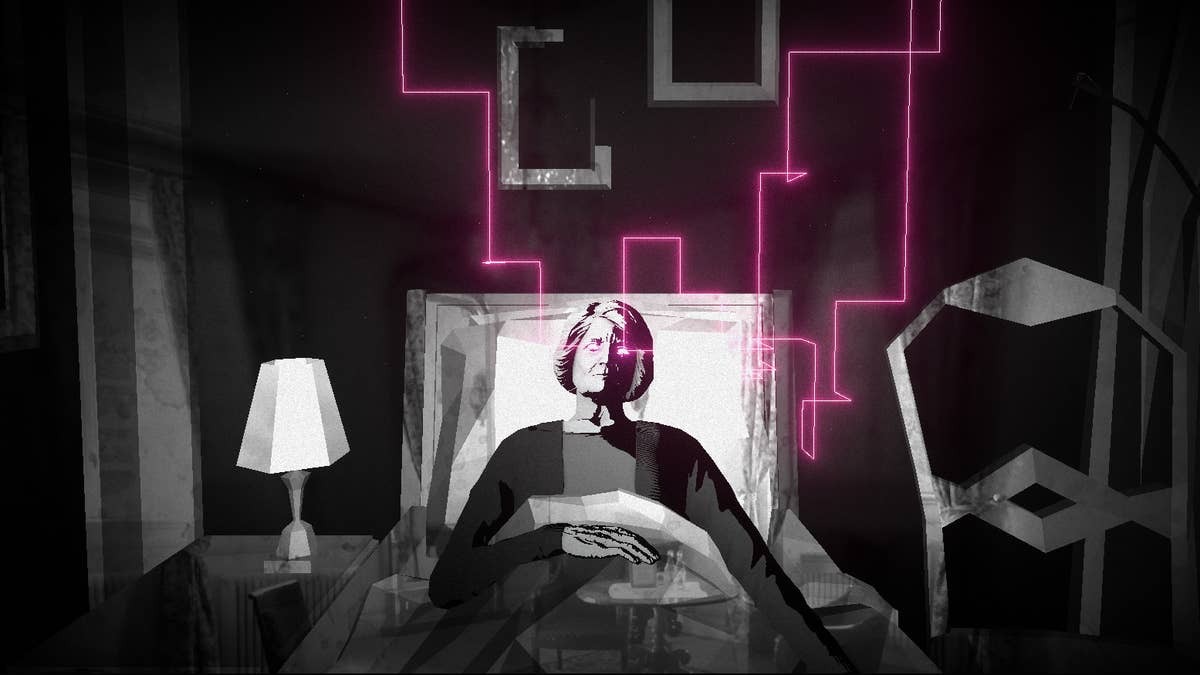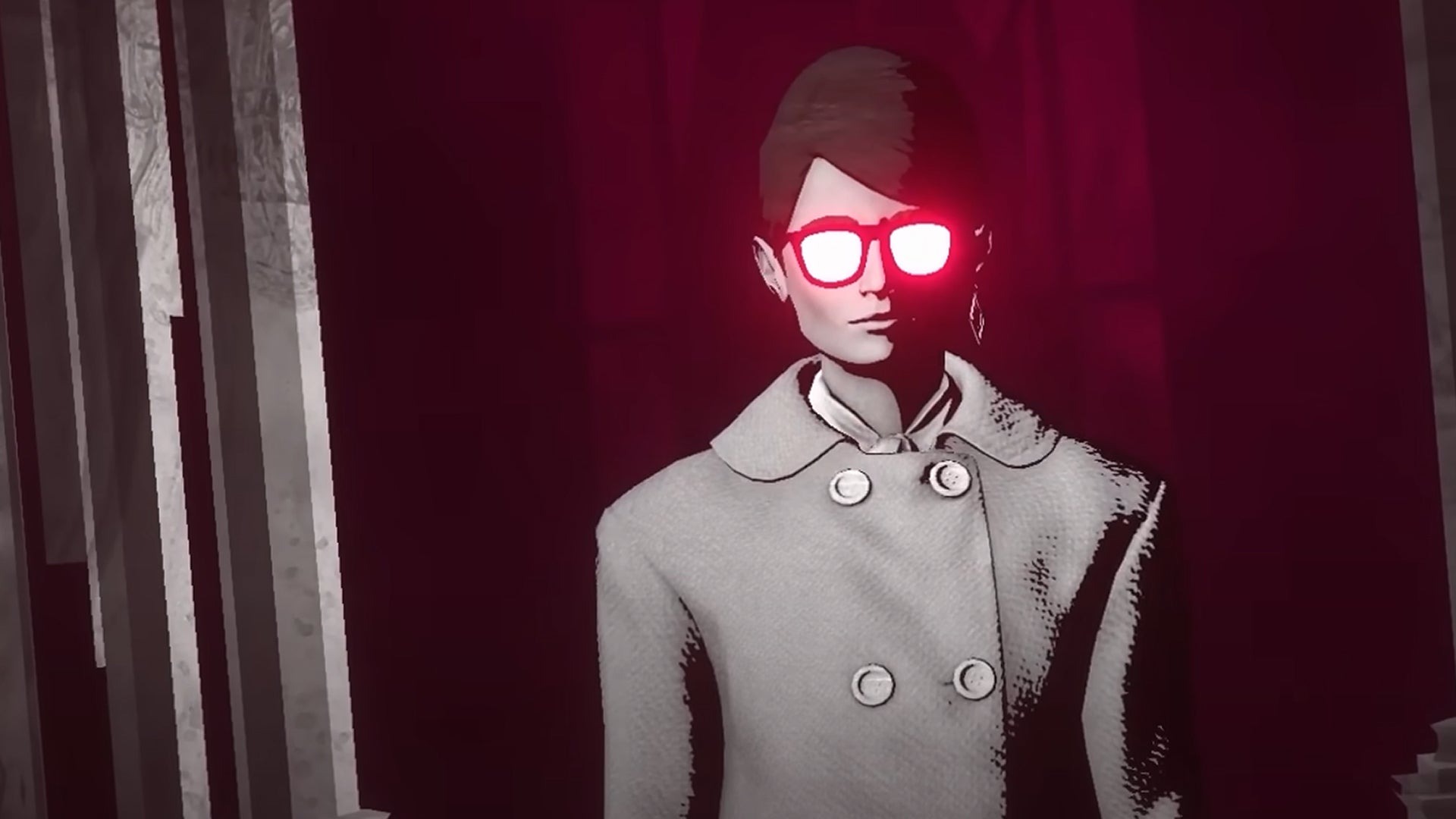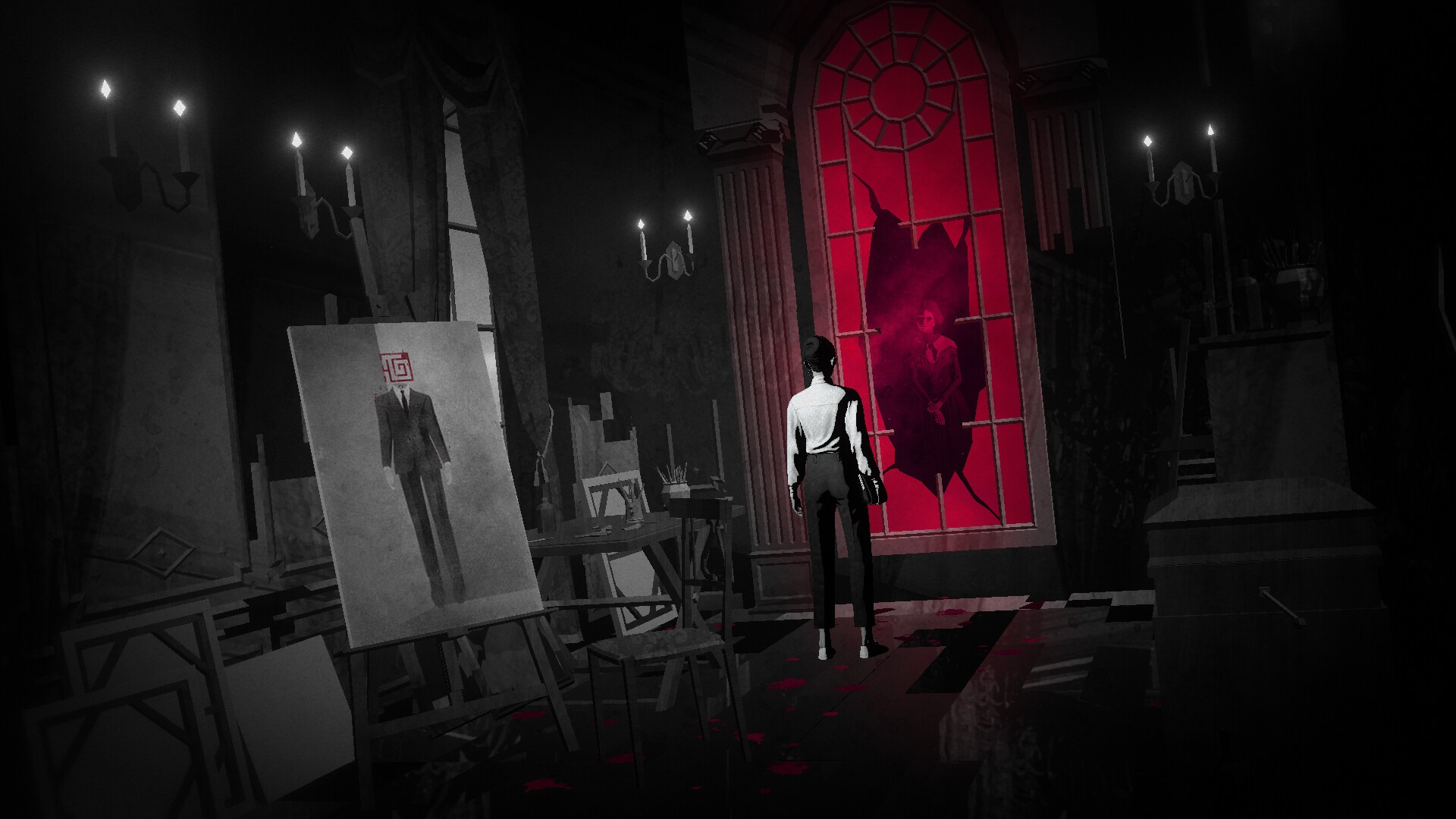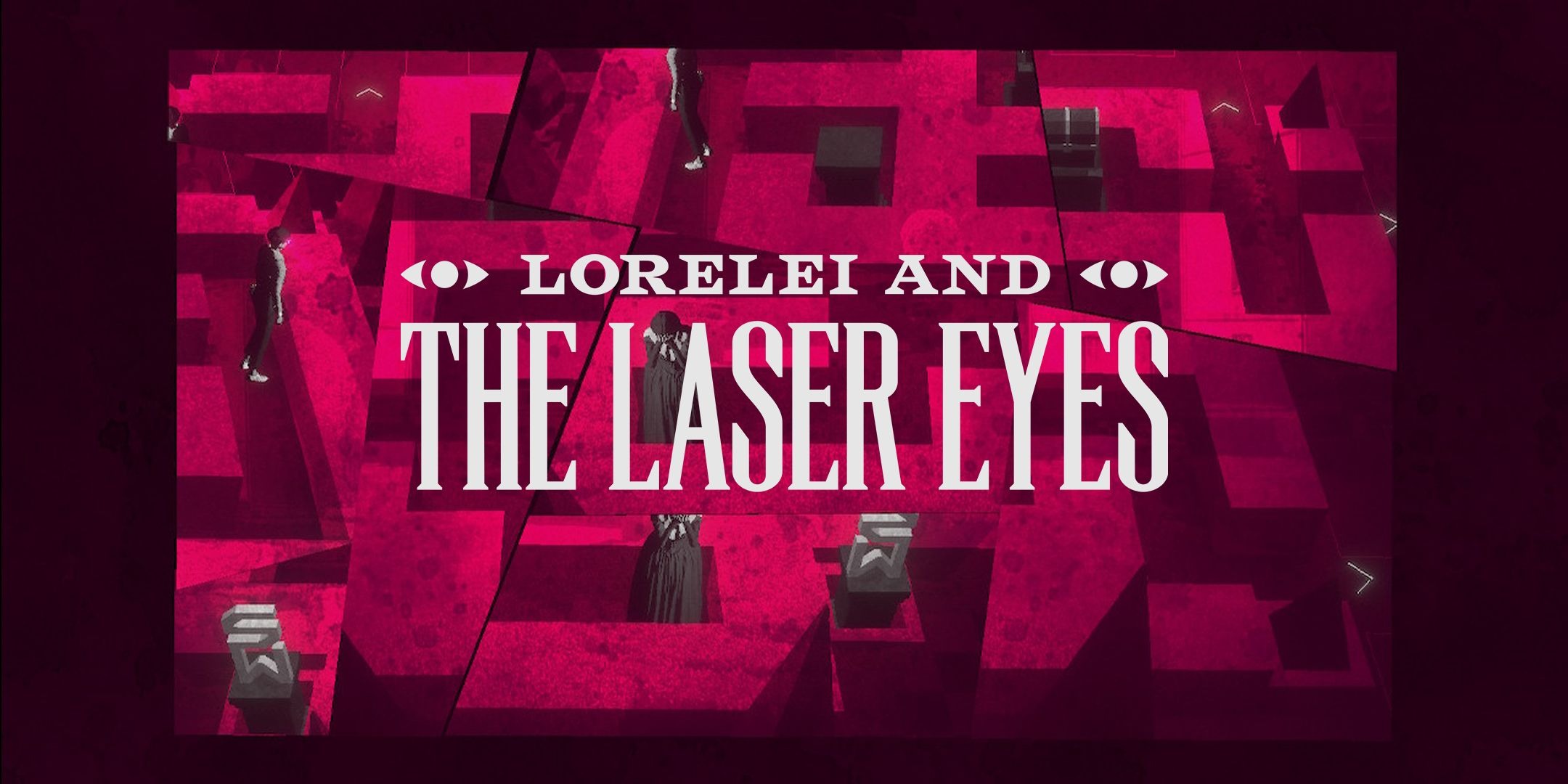The setup of Lorelei and the laser eyes is boring compared to the others in the puzzle genre. You are a woman with glasses, carrying a handbag and walking towards a villa with incredible sovereignty, without understanding exactly why you are there or what you are doing. However, the lack of context does not matter, because the game immediately floods you with an incredible sense of humor. You may not know why you are petting the dog in the yard, checking every door or reading every sheet of paper that you find at first, but you want to be there and see everything that the game has to offer. And if you are like me, go from a need to a need that keeps you awake very after, and point the flashlight of your phone at a piece of paper that is already full of notes that are incomprehensible to outside observers.

Talking too much about the story of the game would betray his intention, but you should know that although the plot seems amorphous at first, everything leads to something, I promise. Various news articles, books about lunar cycles, typed monologues about the nature and purpose of art and incomplete scripts paint emotions about what happened in this hotel / mansion, but his last moments surprised me with the sharpness with which he focused everything. What starts out as impactful but seemingly abstract poems that set the tone all make sense in the final moments, and I was struck by the satisfying slowness of the narrative.
The puzzles of the game are the stars of the show, and Lorelei is full of them. The ultimate goal is to explore the house and open every door, find every document and crack every lock. Sometimes reading involves finding a year with which to open a four-digit lock. Sometimes it’s a matter of logging into a 32-bit horror video game and crashing it so that you can take note of the documentation of the error message.

Like any good puzzle game, the puzzles are based on a central idea, but they are expanded exponentially to lead you to solutions that you never thought of. In Lorelei’s matter, it’s mostly simple math. You will need a calculator (and one is included in the game), but you will not do much more than add and subtract and make copious notes. The puzzles constantly made me feel like I was being smart without getting to the bottom of it in a way that I admired. I certainly got stuck, sometimes extremely stuck – but when I finally came to a solution, I never felt betrayed by the puzzle itself.
Where I felt betrayed on occasion was when I literally hit walls sometimes, where I had the pieces one and three of a puzzle, but I just couldn’t find two. At least 3 hours of my approximately 20 hours of gaming we spent wandering aimlessly around the halls looking for something that could help me take the next step, only to find that I had missed a note on a wall lamp that would open a secret passage. At that moment, it felt less like I couldn’t figure out a secret lock, since I hadn’t seen the lock at all. In those moments, I was frustrated with Lorelei and laser eyes, but to her credit, I fell in love with the game so instantly that I knew I wanted to finish it from the very beginning.

I don’t think you can call yourself a successful puzzle game if you don’t at least experience some confusing obstacles that feel impassable. After all, it is overcoming these obstacles that makes the genre so convincing, and Lorelei and the laser eyes find this successful balance that they feel smart more often than they feel silly. Combine that with a puzzle worth solving, comments that break the fourth wall, and unexpected moments that change reality and send you to strange places, and you have a fantastic puzzle game that I already wish I could play again for the first time..



